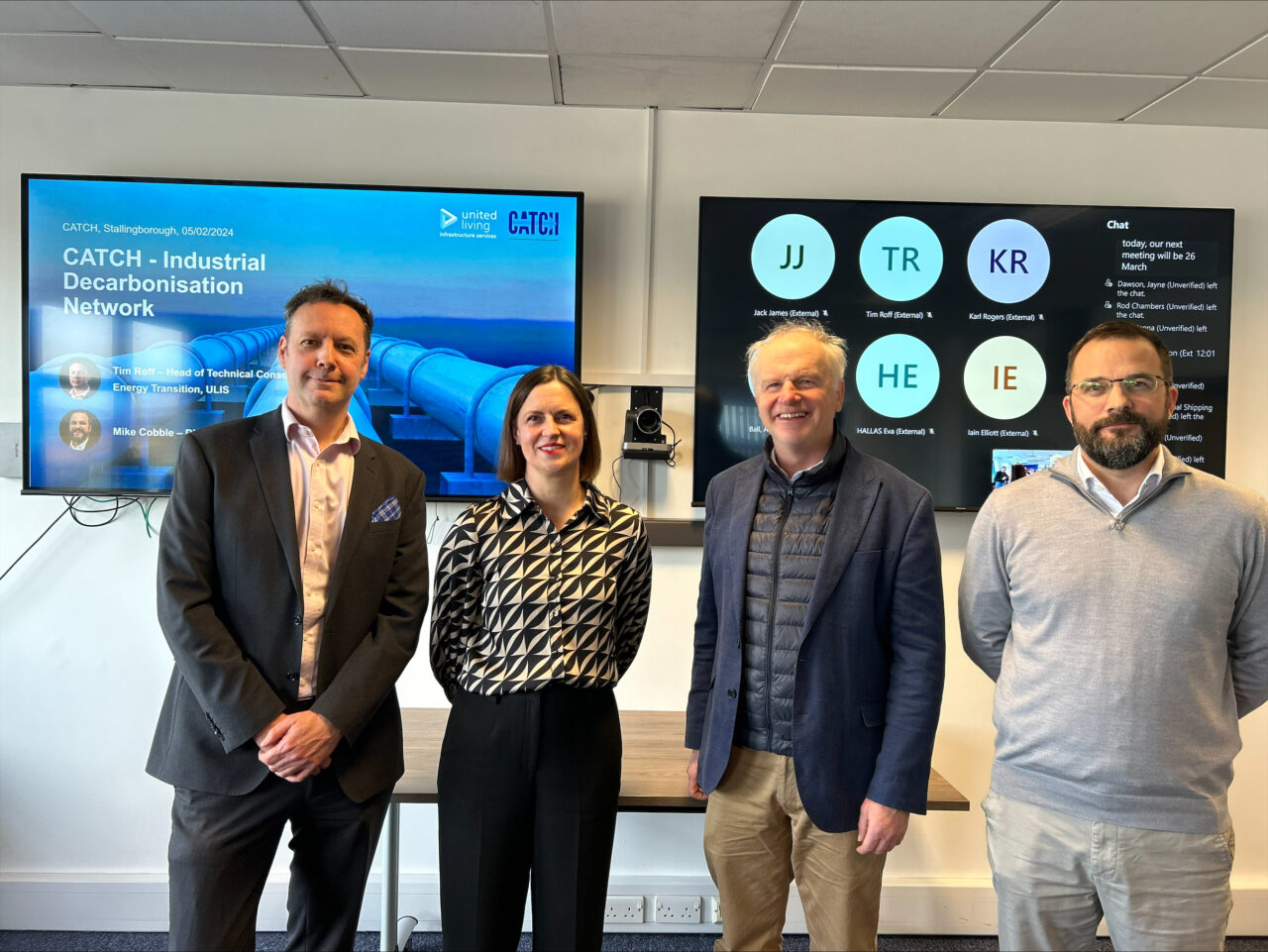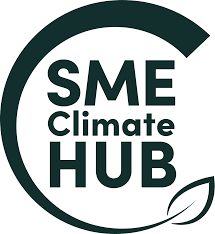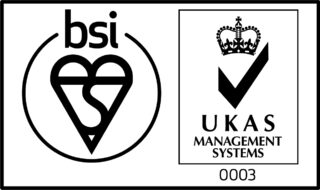Industrial Decarbonisation Network meeting write up – 5th February

CATCH hosted the Humber Industrial Decarbonisation Network on February 5th. The group chair Joe Howe, Net Zero Professor at the University of Lincoln, welcomed over 45 members in the room and 46 members and guests online, to this thriving CATCH Network.
Joe introduced our first speaker Olivia Powis, CEO of the Carbon Capture and Storage Association. Olivia spoke about the CCSA and its work before explaining the history and support of CCUS in the UK and key developments since the change of government. The UK government, at pace, have been pushing changes, including the appointment of Chris Stark – mission control for clean power, a national wealth fund, launch of GB Energy and associated legislation, launch of NESO, plus they have committed £ 21.7 billion investment over 25 years to the first decarbonisation projects. The CCSA are in the process of preparing a Spring budget submission, urging the government to move forward with the carbon capture in the next industrial clusters. Highlighting opportunities and growth for UK PLC.
The CCSA launched a study in the European parliament in December 2024, that explored the benefits of opening a European-wide storage market, Olivia explained the multiple benefits including a 20% cost saving. REPORT LINK. Next Olivia discussed that supporting the Supply Chain and Skills are a real opportunity for the UK. However, the Government must act now and move forward with projects to enable supply chain and skills industries to have confidence and invest.
Next Joe introduced Amelia Mitchell, Managing Consultant with ERM, who spoke about their new Energy from Waste with CCS: a key pillar for NetZero in the UK report. Amelia explained, CCS is the only technology available to minimise EfW scope 1 emissions and generates valuable Greenhouse Gas Removals for the energy from waste sector.
The report mapped out a pipeline of opportunities for CCS in the UK. Identifying facilities and energy to waste assets across four stages. Deploying this across all stages will require 19 billion of investment – which is just the equipment. However, EfW will contribute 27% of the UK 2035 GGR target. Other benefits include 4800 construction jobs, 9350 permanent green jobs.
Amelia referenced the HICP document and how this supports the wider plans of imports of CO2 for storage to the Humber cluster from across the UK and Europe. And highlighted the importance of non-pipeline transport as 54% of facilities require non-pipeline transport to minimize cost of CCS. Transport methods include shipping at 41% and rail at 20%. These methods are a key enabler for energy from waste sector.
After networking and coffee break, Joe welcomed Tim Roff, United Living. Tim explained the United Living business, who work for UK owners and operators of UK pipeline infrastructure, assets and facilities. Tim explained that United Living are actively engaged in the hydrogen, CCS sectors across UK industrial clusters.
Tim then discussed how United Living are collaborating for skills and knowledge, participating in numerous boards and networks across the UK. Tim also explained how they collaborate for impact in regard to Environmental, Economy and Social impacts.
Next Tim discussed Hyrodgen Pipelines, connecting new produces with users. A first of the kind in the UK industrial clusters. The schemes that they are exploring are new build pipelines of 125km and 90km of pipelines within the HyNet cluster.
Next Tim introduced his colleague, Mike who spoke about CO2 pipelines – connecting emitters to new storage facilities. Mike explained about “Project 1” including enabling works that involve steel cross country pipelines, new build pipelines, re purposing sections to decommissioning assets. Mike discussed the challenges including the length of time of contract negotiations and delayed start of works and skill sets and consenting.
Joe closed the meeting with a reminder of the date for the next meeting – 26th March 2025. For more information, please contact katie.hedges@catchuk.org





